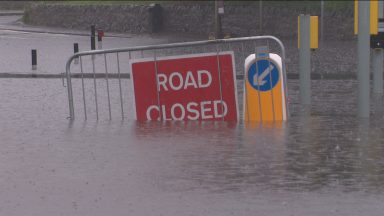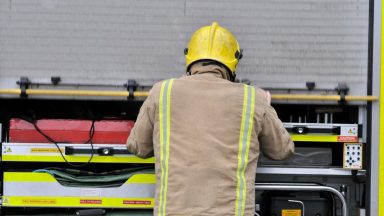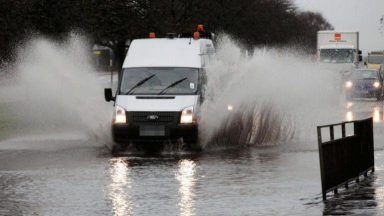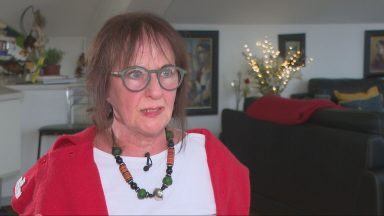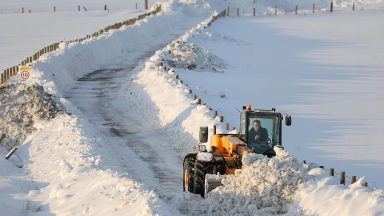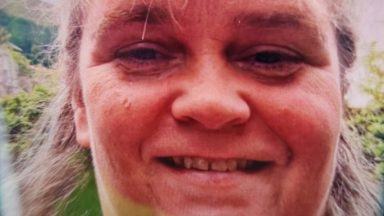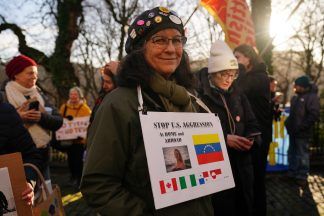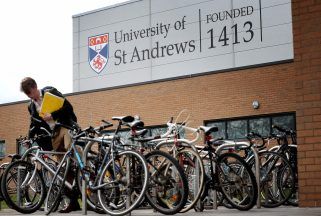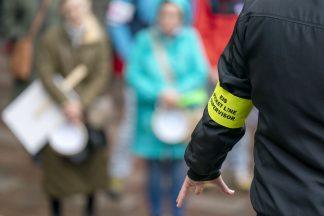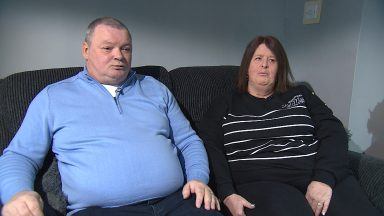Council bosses have confirmed Afghan refugees in Edinburgh are still waiting for permanent housing, with more than 200 still in temporary accommodation.
Families fleeing the ongoing crisis in Afghanistan who arrived in the Scottish capital have been, so far, housed in hotels due to a shortage of suitable housing in the city.
City of Edinburgh Council confirmed that “no households have been resettled permanently in Edinburgh as yet”, in its latest Refugee Resettlement report, but SNP council leader Adam McVey insisted that the city is in a position to secure homes in the coming weeks.
Councillors said they will also consider increasing the number of refugee places in the city from the current 100 to 150 at a meeting at Holyrood on Tuesday.
The move comes after Home Secretary Priti Patel criticised Scottish councils for not “pulling their weight” in helping efforts to rehome Afghan families fleeing conflict.
The delay in providing permanent homes in Edinburgh has been blamed on a shortage of social housing, according to the refugee report.
Council officers warned: “Availability of permanent social housing remains a city-wide challenge.
“It is also important to note that Afghan families can require properties with four bedrooms or more, a configuration which is typically in extremely short supply within social housing stock.”
They said it is “highly likely” the private rented sector options will “play more of a role in resettlement accommodation in the future than it has to this point”.
So far, the council has provided temporary accommodation for Afghan families in hotels on two occasions, initially for 75 people from September until October last year and then for 144 people across hotels from January.
In a statement on Monday, McVey said the city is now ready to rehome refugees “by the end of the month”.
He said: “The experience of those fleeing their homes is beyond harrowing and we are committed to helping in whatever way we can.
“Over recent years we have been able to resettle hundreds of refugees and these proposals mean we will be able to give even more people safety and a bright future in our capital.”
He added: “We have been liaising with the UK Government to secure the support necessary and will continue working to explore accommodation options.
“We are now in a position to work on finding people permanent housing and are looking forward to resettling our first Afghan households by the end of the month.”
In a letter sent to McVey, the Home Office said: “The ongoing role of local authorities is vital to the Government’s efforts and we are grateful for their continued offers of support and housing.”
Home Office officials said councils will receive “a generous funding package” to support the resettlement of Afghan families who have come to the UK.
They added: “We continue to work with local authorities to source appropriate accommodation as quickly as possible, although we have had to use hotels as a temporary measure due to unprecedented demand.
“Alongside engagement with local authorities, we are reaching out to landlords, developers and the wider private rented sector to encourage further offers of properties, either directly or through our Housing portal.”
The Home Office confirmed local authorities who support people through the UK Government’s Afghan Citizens Resettlement Scheme (ACRS) or Afghan Relocations and Assistance Policy (ARAP) scheme – both set up to help resettle more than 5,000 people in the first year and up to 20,000 over the coming years – will receive £20,520 per person, over three years, for resettlement and integration costs.
Councils and health partners who resettle families will also receive up to £4,500 per child for education, £850 for English language provision for adults requiring this support and £2,600 for healthcare.
Follow STV News on WhatsApp
Scan the QR code on your mobile device for all the latest news from around the country


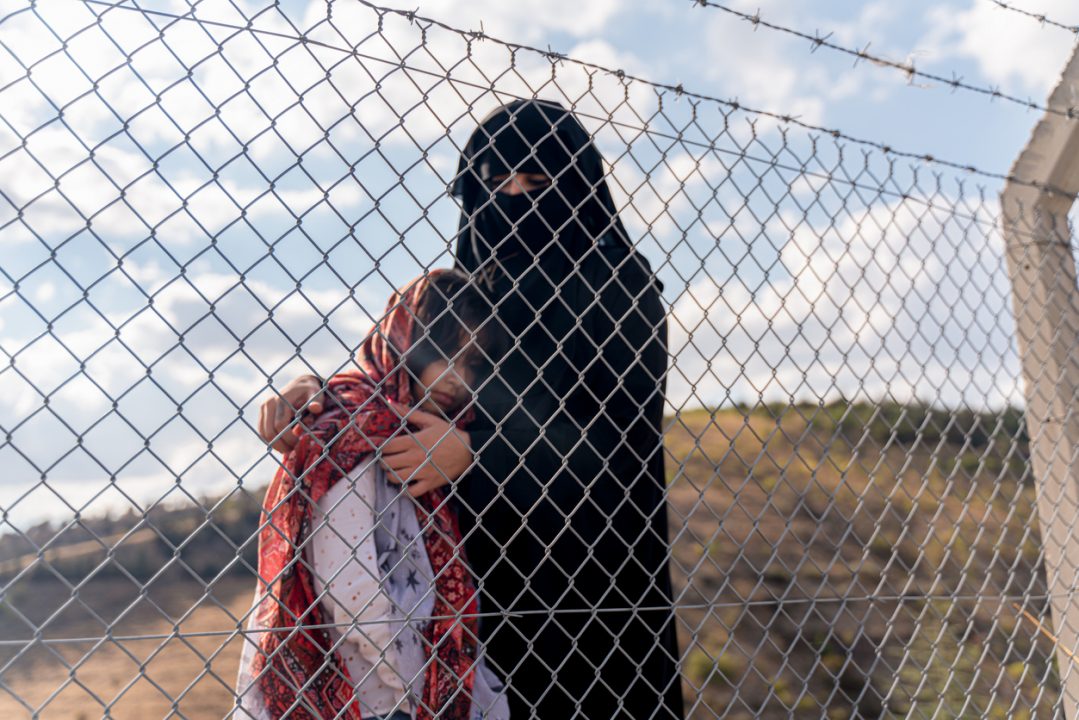 iStock
iStock

